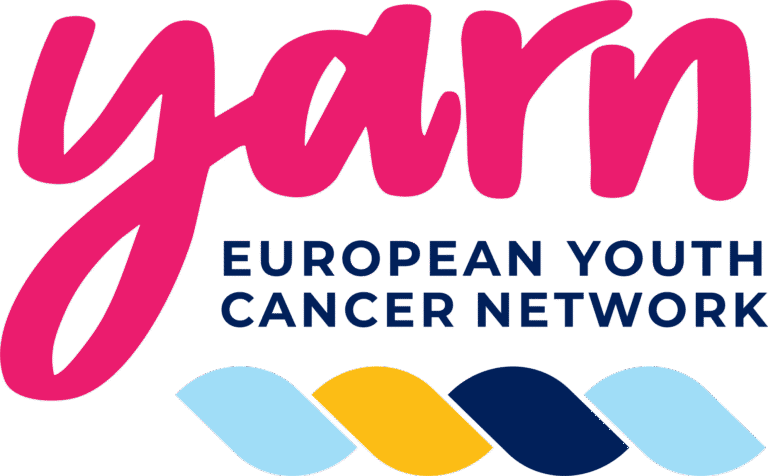
This study investigates the unique challenges faced by adolescents undergoing cancer treatment, focusing on their specific needs, barriers, and facilitators regarding healthy lifestyle interventions. By conducting interviews, focus groups, and surveys with adolescents, parents, and stakeholders in oncology, the research sheds light on key factors influencing adolescents’ engagement in health promotion programs. The findings highlight the importance of addressing adolescents’ preferences and concerns, such as accessing age-appropriate activities, communicating with peers, and maintaining normalcy despite their medical condition. Barriers to intervention participation include treatment side effects, lack of motivation, and scheduling conflicts, while facilitators include personalized approaches, flexibility in scheduling, and building trust with stakeholders. The study emphasizes the necessity of tailoring interventions to adolescents’ needs, considering their stage of development, treatment trajectory, and individual preferences. By acknowledging and addressing these factors, healthcare providers and researchers can optimize the design and implementation of health promotion interventions for adolescents with cancer, ultimately supporting their overall well-being and quality of life throughout their cancer journey and survivorship.






Comments
Thank you. Comment sent for approval.
Something is wrong, try again later